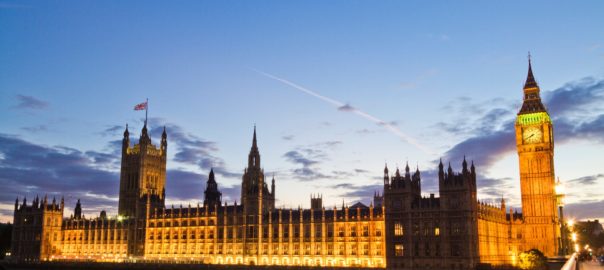The UK should revive its constitutional tradition, argues the philosopher John Gray. We should scrap legislation such as the Human Rights Act (HRA), he says, and revert to an “ancien regime” where the only constraints on parliament were political. Gray’s isn’t a solitary voice; the current Conservative government was elected largely to push back against constitutional changes of the last half century. Yet for many, Gray’s call for the removal of substantive legal restraints on parliament is anathema, a recipe for diluting our basic rights and freedoms. I think there’s much to be said for Britain’s constitutional tradition, not least its capacity to secure legitimacy for political decisions and its potential to help rehabilitate the left.
When it comes to constitutions, political scientists typically speak of two ideal types. These are legislative supremacy constitutions and higher law constitutions.
Under a legislative supremacy constitution, a country’s parliament has supreme law-making authority. This means that, in theory, legislators can pass any law they like, they “can do no legal wrong”, as the academic William Roberts Clark puts it.[1] The only constraints they face are political in nature, whether there’s a majority for the law they wish to enact. Another term for this type of authority is parliamentary sovereignty.
Legislative supremacy constitutions are based on two principles. One is that only elections can legitimise law-making authority, and the other is that a country’s laws must represent the will of the people (as expressed through parliamentary majorities). For these principles to stand, there can’t be any rules limiting what a parliament can pass. If such rules were in place, then authoritative law would exist above elections and the public’s shifting preferences. Hence, under this type of constitution, no body or institution can legally bind a parliament.
Continue reading Why the UK should revive its constitutional tradition

